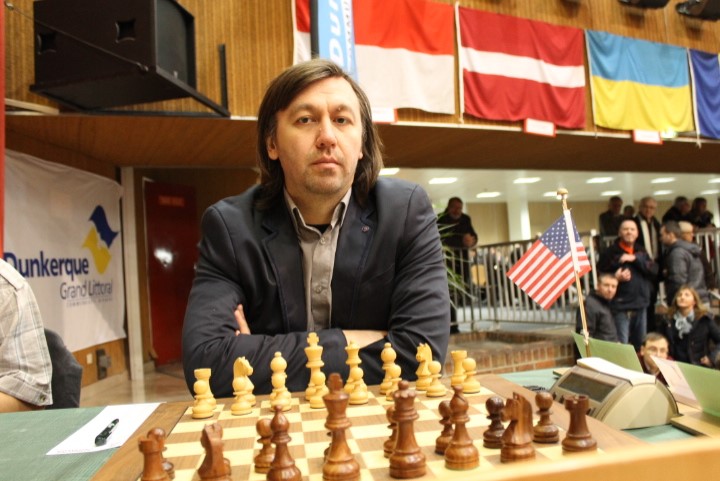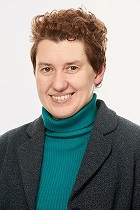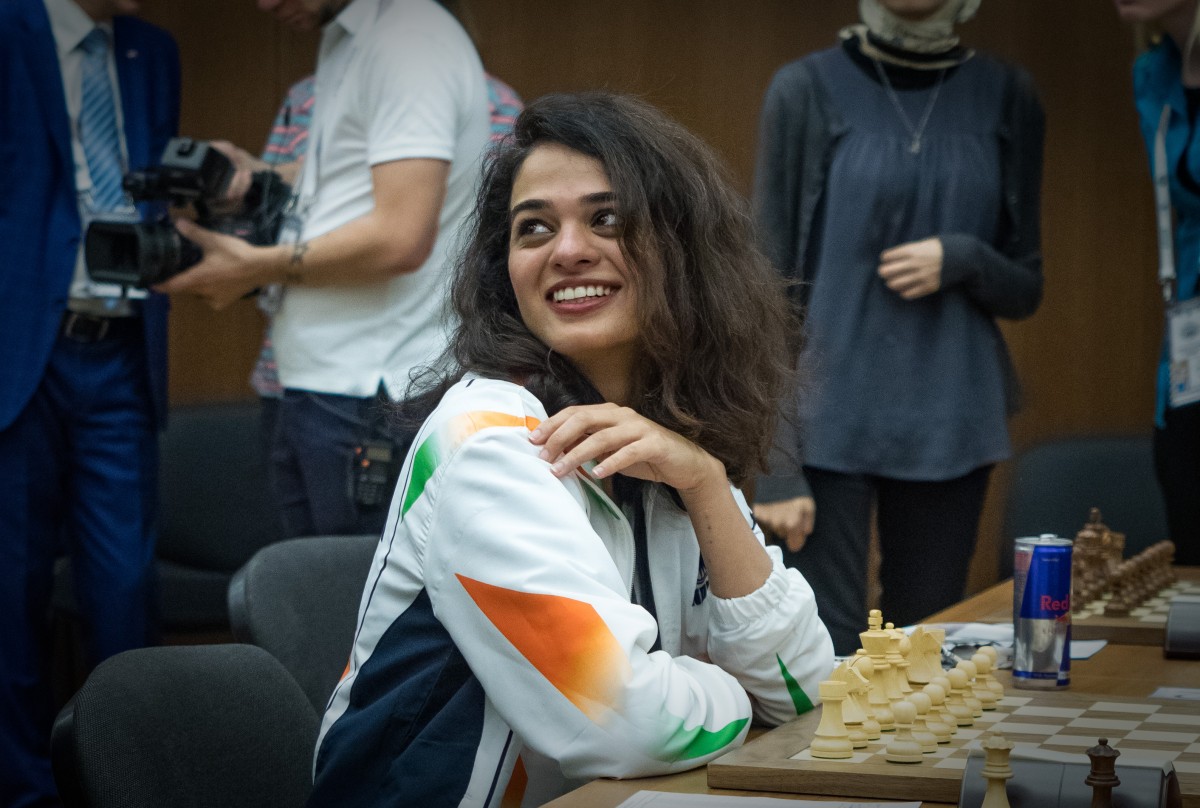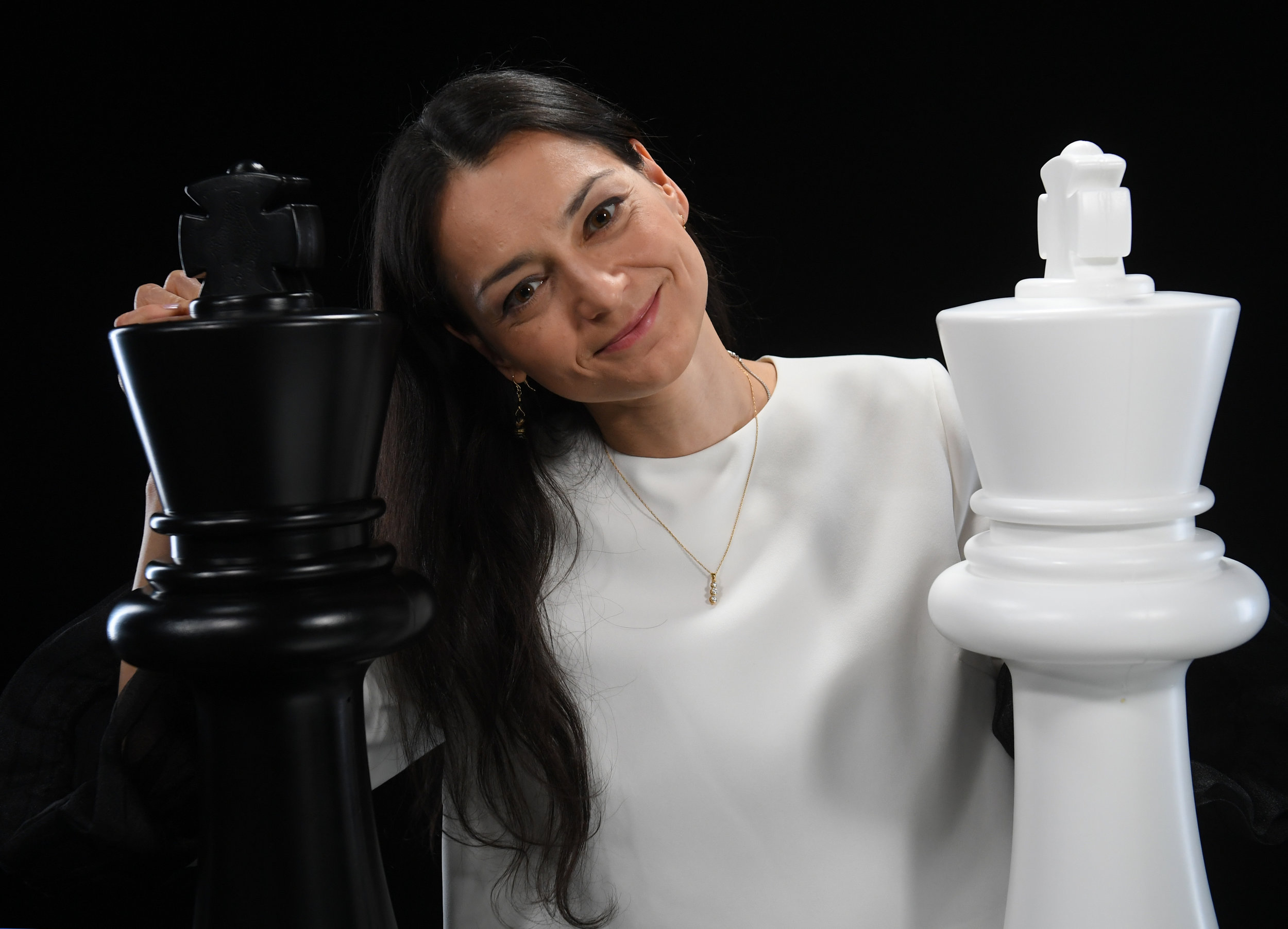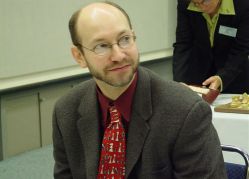A photo from the 2017 Charity Chess Championship, courtesy of Scott and Norma Mero
Gabrielle Moshier of the Philadelphia Chess Society, with students
Photo courtesy of Jason Bui, of the Philadelphia Chess Society,
This week on Perpetual Chess, I would like to spotlight some of the ways that people are using chess as a vehicle to make a difference in the world. I am happy to say that there are countless qualified guests to choose from in this regard, and it was hard to limit myself to only 2 segments. As you will hear, the guests in both segments have great stories to tell.
My first interview this week is with Scott and Norma Mero, the founders of the Charity Chess Championship, while Part 2 (26:30) features Gabrielle Moshier and Jason Bui, who are Philadelphia school teachers and board members of The Philadelphia Chess Society, Please read on for relevant links and more detailed timestamps.
Click here to download the episode
0:00- Part 1- Scott and Norma Mero are the founders of the Charity Chess Championship which will take place this year on June 2, 2019. It will feature more titled players then I can list here, but a few who may be familiar to listeners are GM Joel Benjamin, GM Robert Hess and GM Irina Krush.
This year the money that the event raises will go to the help the early detection and prevention of pancreatic cancer. You can read GM Robert Hess’ write-up of last year’s event here, as well as Jenn Shahade’s interview with Kimberly Doo previewing last year’s event here.
9:30- Scott and Norma talk about how this annual event originated, they started the event in 2017 with their son, Daniel Mero who is a very active scholastic player. Daniel (who is 12 years old and rated about 1800) draws inspiration from his coach, GM John Fedorowicz, and the YouTube videos of GM Ben Finegold. We also talk about their son’s approach to chess improvement.
18:00- We get into the nuts and bolts of the Charity Chess Championship by answering the following questions: How do they line up so many titled players to attend the Charity Chess Championship? Is is mandatory to spend money to attend the event? Does one need to sign up in advance to attend?
26:00- Goodbye and contact info.You can email Scott and Norma Mero here, or drop the a line if you will be attending the 2019 National Elementary School Chess Championships in Nashville, Tennessee.
26:30- Part 2 I am now joined by Philadelphia teachers, and board members of the Philadelphia Chess Society, Gabrielle Moshier and Jason Bui. In addition to their work as chess coaches, Gabrielle is an English teacher at the Esperanza Academy Charter Middle School, while Jason teaches science and math at the S. Weir Mitchell Elementary School.
29:00- Gabrielle and Jason begin by telling the stories of how they got into chess and discussing how chess can change the kids that they teach.
36:00- Gabrielle and Jason share their experiences from the 2019 All Girls Nationals in Chicago, IL, from whence they had just returned. What sort of obstacles do girls encounter that boys do not in chess? They also discuss the remaining major events on their chess calendar.
44:00- How does the Philadelphia Chess Society go about trying to raise money? One small but easy way to support the program is to shop on Amazon using this Amazon Smile link. We briefly discuss the movie Brooklyn Castle, and Jason and Gabrielle share a few stories in the spirit of that great movie.
53:00- What are Jason and Gabrielle’s favorite chess books and resources as teachers and players? Gabrielle is a big fan of Jenn Shahade’s Play Like a GIrl. Jason is a big fan of Silman’s Complete Endgame Chess as well How to Beat Your Dad at Chess, and Winning Chess Tactics for Kids .
56:00- Patreon supporter of the podcast, Mr. Moonmaster 9000 is back in the house! The Moonmaster asks whether Jason and Gabrielle feel like they have to overcome a negative image of chess when presenting it to students and parents. Gabrielle’s answer might surprise you!
1:01- Here is how you can keep up with the Philadelphia Chess Society: Follow on Twitter here, Facebook here. Email Jason here.
You can donate to the organization through the Facebook page, or mail checks (payable to Philadelphia Chess Society) to:
Philadelphia Chess Society. 4916 Paschall Ave. Philadelphia, PA 19143



